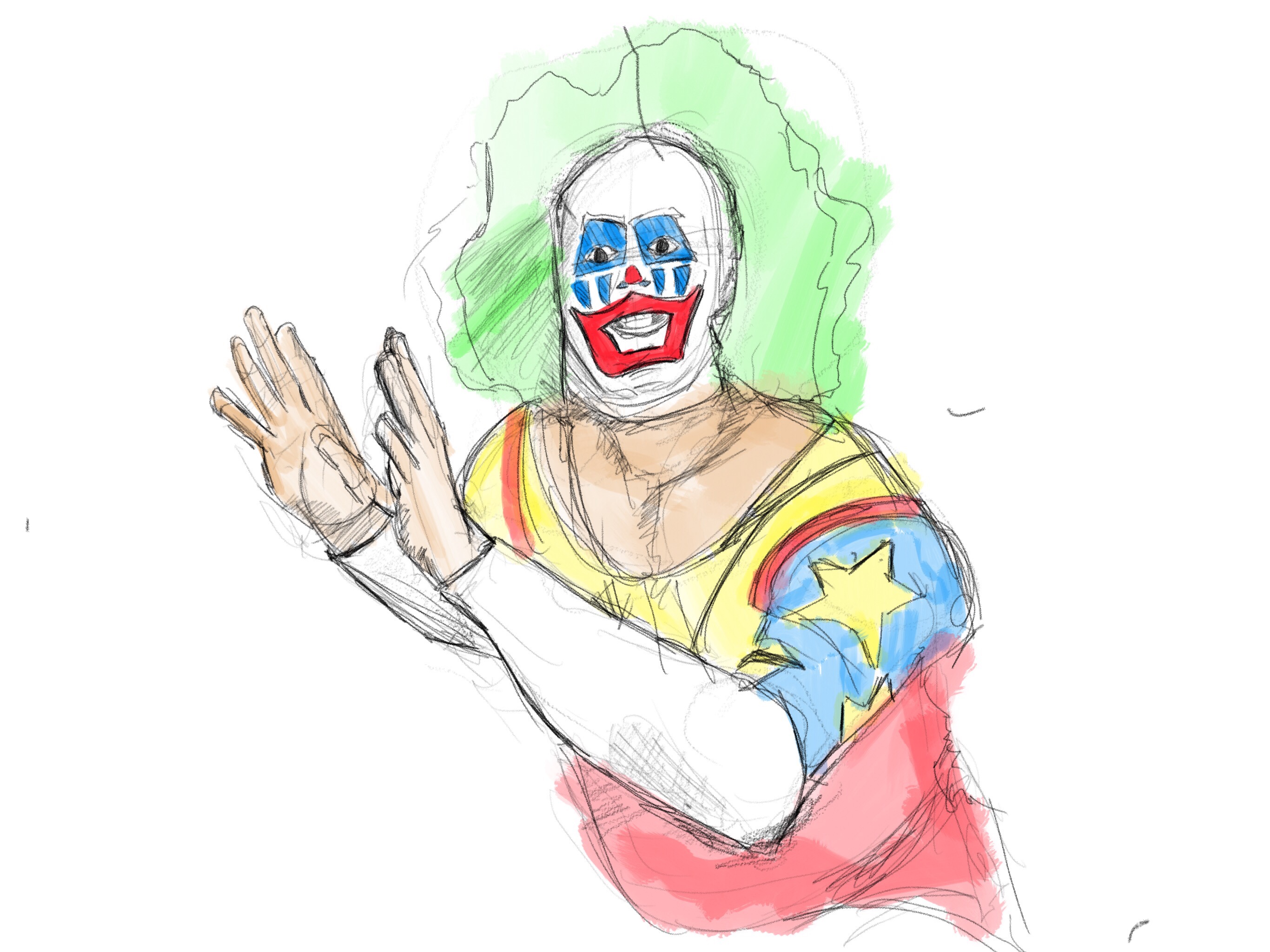This is part of a set of book notes posts for How to Write Funny by Scott Dikkers
Dikkers talks about subtext and its importance in writing jokes. He explains subtext and provides a bunch of examples showing the subtext of different jokes:
Fun Fact: If you stretched out your intestines they would reach all the way to the cabin in the woods you were murdered in.
SUBTEXT: It’s a little unsettling when people point out how long our intestines are.
Throughout the rest of the book he continues pointing out subtext in jokes. With good subtext, you’re in a good spot. You can work from there.
Subtext applies to other creative things. What’s the subtext of this blog? I’m trying to improve creatively but foolishly think I can shortcut my way there.
What’s the subtext what’s the subtext what’s the subtext. That can be my mantra when writing jokes. Or writing anything.
Steven Pressfield wrote about something similar in Nobody Wants to Read Your Sh*t:
When you as a writer carry over and apply this mode of thinking to other fields, say the writing of novels or movies or nonfiction, the first question you ask yourself at the start of any project is, “What’s the concept?”
He describes it as concept and subtext seems to be concept applied to jokes.
Let me try finding subtext to a joke. I went to a Chuck Klosterman talk today and he re-told a Mitch Hedburg joke. Someone asked if we should still be motivated looking for answers if we’ll probably be very wrong anyway.
You shouldn’t just stop because you know the ending will be bad. It’s like one of Mitch Hedburg’s jokes.
“Why do you drink, Dont you know you’ll get a hangover?”
“Yeah. At the end.”
It’d be like not eating apples because you know there’s a core.
How much can an ending really ruin the rest of the journey? Lost fans might chime in here.
The subtext is that people rarely consider consequences. Well, they do, but it’s hard to have the right perspective in comparing experiences if one is happening right now and the other is later on. Would anyone drink if the cost was having the headache before drinking?
Well, yes. Probably. Bad example.
Maybe the subtext is simply that people love alcohol.
What other jokes come from the consequences subtext? What’s worth doing something horrible for?
It’s the opposite of exercising, where you intentionally feel like garbage to feel better the entire rest of the time.

